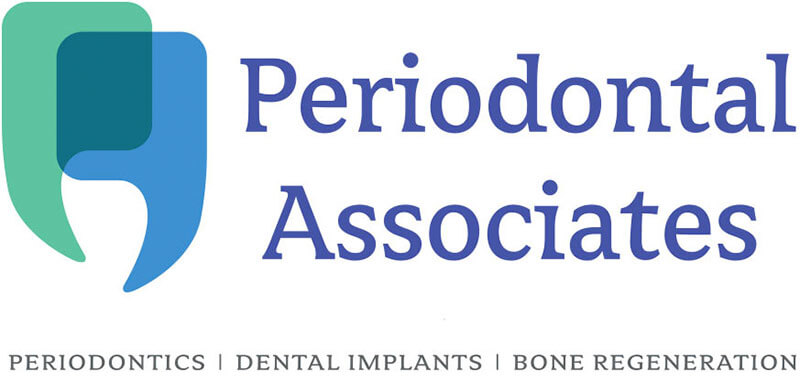Gum disease is a widespread condition that affects millions of individuals, often without them even realizing it. Left untreated, it can lead to serious oral health issues like tooth loss, bone damage, and even systemic health concerns. If you're dealing with signs of gum disease, such as red, swollen, or bleeding gums, seeking treatment from a periodontist is essential. But how exactly does a periodontist treat gum disease?
At Periodontal Associates, we believe that education is the first step to better oral health. That's why we’re breaking down the various treatments and procedures periodontists use to help patients combat gum disease and restore their smiles.
Early Detection and Diagnosis
The first step in treating gum disease is accurate diagnosis. Periodontists are specialists trained to catch gum disease in its earliest stages before it becomes a more significant problem. During your visit, the periodontist will perform a thorough examination of your gums, teeth, and jawbone. This examination might include periodontal probing to measure the depth of gum pockets and X-rays to detect bone loss.
Each diagnosis is tailored to the individual, ensuring that we address the unique severity and progression of the disease. By identifying gum disease early, we can often use less invasive treatments to restore your oral health.
Scaling and Root Planing
For mild to moderate cases of gum disease, the most common and effective treatment is scaling and root planing. This deep-cleaning procedure goes beyond regular dental cleanings.
- Scaling involves removing plaque and tartar from below the gumline, where it builds up and promotes bacterial growth.
- Root Planing smooths out the tooth roots, making it harder for bacteria to reattach and helping your gums heal and reattach to your teeth.
This non-surgical procedure is a first-line treatment that can significantly reduce gum inflammation and prevent further progression of gum disease. Many patients notice a marked improvement in their gum health following the procedure.
Advanced Treatments for Severe Gum Disease
When gum disease progresses to a more advanced stage, known as periodontitis, surgical and regenerative treatments may be necessary. Periodontists have specialized training in procedures aimed at repairing the damage caused by periodontitis.
- Pocket Reduction Surgery: Also known as flap surgery, this procedure reduces the size of gum pockets to prevent further bacteria buildup. It allows for easier cleaning and maintenance at home.
- Bone Grafting and Soft Tissue Grafting: These procedures restore lost bone or gum tissue, providing support for the teeth and preventing further deterioration. This regenerative approach not only halts the disease’s progression but helps to rebuild the foundation of your oral health.
- Laser Therapy: Using advanced dental lasers, periodontists can precisely target and remove infected tissue while promoting faster healing. Laser therapy is often less invasive than traditional surgery, leading to shorter recovery times.
The choice of treatment depends on individual needs, and periodontists work closely with patients to craft a personalized care plan.
Comprehensive Support for Long-Term Health
Treating gum disease isn’t just about addressing the immediate symptoms; it’s about preventing recurrence and maintaining long-term oral health. Periodontists play a critical role in helping patients adopt practices to preserve their improved gum health.
Education on proper brushing and flossing techniques, combined with professional maintenance cleanings, ensures you can keep gum disease at bay. Many periodontists also collaborate with general dentists to monitor your oral health, ensuring a team-based approach.
By partnering with a specialist and staying proactive about your oral care, you can protect your gums and teeth for years to come. To learn more, visit our page on periodontics.
Frequently Asked Questions About Periodontics
What does a periodontist do that a general dentist doesn’t?
While general dentists focus on overall oral health, periodontists specialize in preventing, diagnosing, and treating gum disease. They also perform advanced procedures like dental implants and bone grafting, making them the go-to experts for complex oral health issues.
Is gum disease reversible?
Gingivitis, the early stage of gum disease, is reversible with proper care and treatment. However, once gum disease progresses to periodontitis, the damage to bone and tissue becomes permanent. That said, periodontists can manage periodontitis to prevent further damage and restore as much oral health as possible.
At Periodontal Associates, we are dedicated to improving the oral health and quality of life of our patients in Middlesex County, MA. With decades of experience and cutting-edge treatments, our team is here to help restore your healthy smile. Schedule an appointment today!

